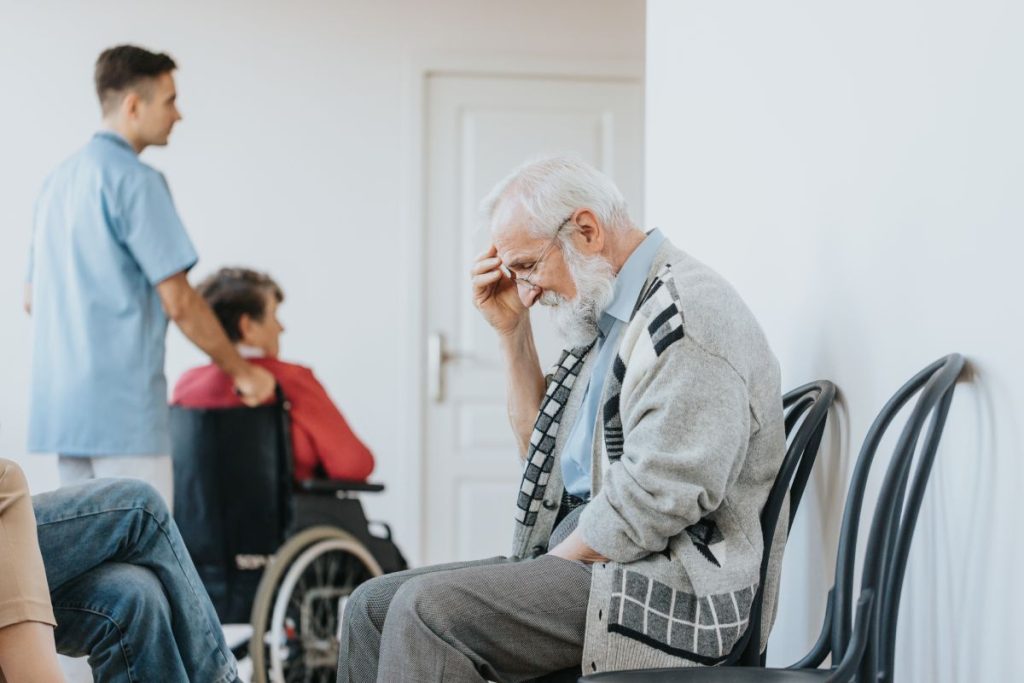Alzheimer’s disease and dementia are progressive brain disorders that affect millions of people worldwide, causing cognitive decline and memory loss. While these conditions typically manifest in older adults, early detection is crucial for effective management and treatment.
This article will explore ten early signs and symptoms of Alzheimer’s and dementia to help everyone and their families recognise the onset of these conditions and seek timely medical intervention.
Here Are 10 Signs of Alzheimer’s You Can Notice in the Early Stage
According to the Alzheimer’s Association, there are 10 warning signs and symptoms and if you notice any of them, don’t ignore them. The 10 signs are as follows:
- Memory Loss
One of the most common early signs of Alzheimer’s and dementia is memory loss which disrupts daily life. Individuals may forget important dates, appointments, or recently learned information. While occasional memory lapses are common, persistent forgetfulness, especially for recently acquired information, should be noted.

- Difficulty with Problem Solving
People with dementia may have difficulty solving simple problems or making decisions. They may struggle with tasks they once found easy, such as managing finances or following a recipe. This cognitive impairment can impact their independence and confidence.
- Confusion with Time and Place
Individuals with dementia might become disoriented regarding time and place. They may lose track of dates, seasons, or the passage of time. Additionally, they may forget where they are or how they got there, even in familiar surroundings.
- Challenges with Familiar Tasks
Daily tasks, like dressing, cooking, or grooming, may become increasingly challenging for individuals with Alzheimer’s or dementia. They may have trouble with sequence or lose track of steps involved in these activities.

- Language and Communication Problems
Dementia can cause difficulties with language and communication. People may struggle to find the right words, follow or join conversations, or repeat themselves frequently. This can lead to frustration and social withdrawal.
- Misplacing Items
A common sign of dementia is misplacing objects and being unable to retrace one’s steps to find them. This behaviour often results in misplaced keys, eyeglasses, or other essential items.
- Poor Judgment
Individuals with Alzheimer’s or dementia may exhibit poor judgment, making questionable decisions in financial matters or personal hygiene. They may also show a lack of awareness of their safety and well-being.
- Changes in Mood and Personality
Dementia can cause significant changes in mood and personality. People may become more irritable, anxious, suspicious, or easily upset. These mood swings may occur without apparent reason.

- Withdrawal from Social Activities
A person with Alzheimer’s or dementia may start withdrawing from social activities and hobbies they once enjoyed. This withdrawal can be due to memory difficulties, communication problems, or changes in mood.
- Difficulty with Visual and Spatial Abilities
Trouble with visual and spatial abilities is another early sign of dementia. Individuals may have difficulty reading, judging distances, and determining colour or contrast. This can lead to problems with driving or recognizing familiar faces.
Conclusion
Early detection of Alzheimer’s and dementia is essential for providing the best possible care and support. If you or a loved one experiences any of these early signs and symptoms, consulting a healthcare professional for a comprehensive evaluation is advised.
While there is currently no cure for Alzheimer’s or dementia, early intervention can help manage symptoms, improve quality of life, and allow individuals and their families to plan for the future. Additionally, ongoing research and advancements in the field offer hope for better treatments and ultimately, a cure.
There are a few approaches we can take in the early stages of our lives to reduce the risk of developing Alzheimer’s such as avoiding excessive alcohol consumption, regular exercise, quality sleep and social engagement. However, staying informed about the early signs and symptoms and seeking timely medical attention is still crucial for everyone.







